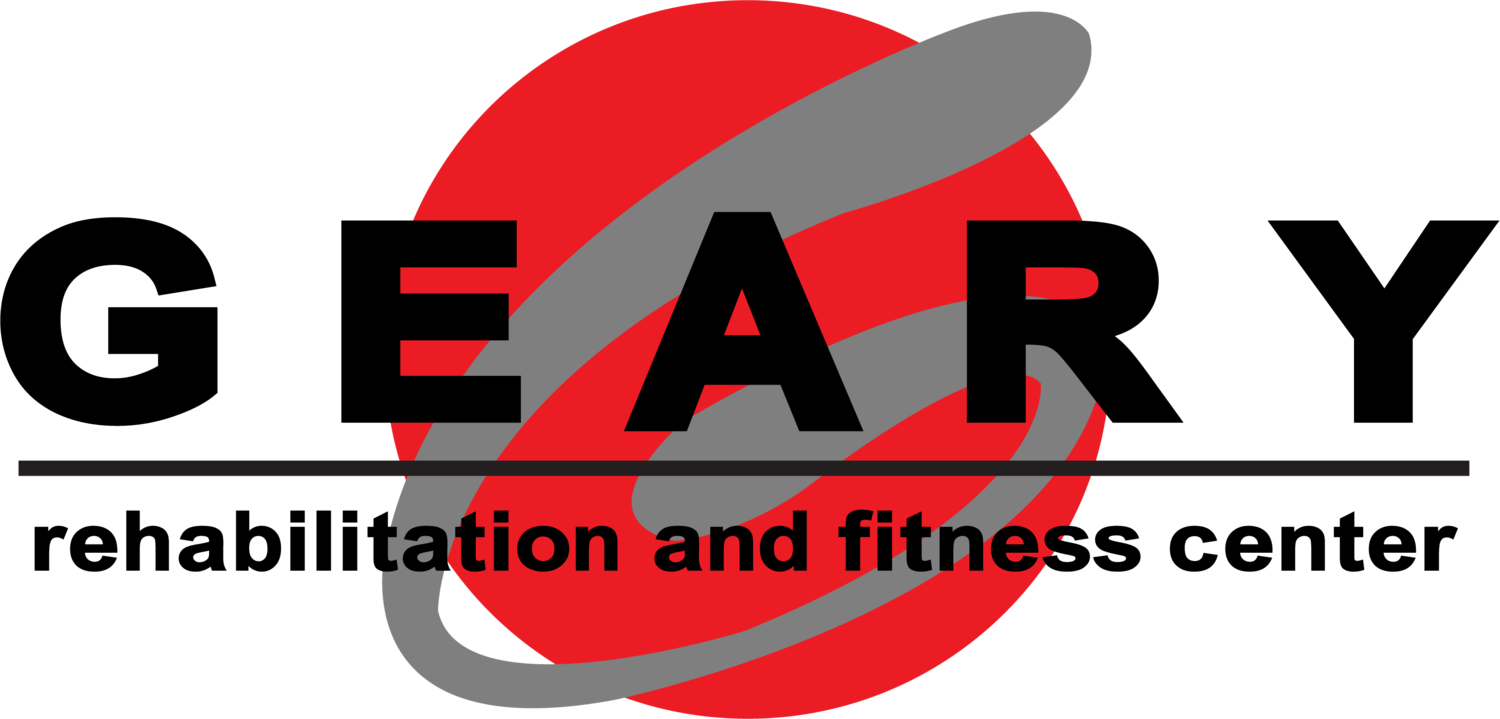Pregnancy Pain: Why It Happens and How PT Can Help
“You’re glowing.” “You’ve never looked more beautiful.” And while those words may be true, many expecting mothers know another truth: pregnancy can hurt.
Your body is going through incredible physiological and anatomical changes to grow a new life. Sometimes, your muscles and joints struggle to keep up. The most common complaints we see in the clinic are pelvic pain, low back pain, and pain radiating into the legs.
Why Does Pregnancy Hurt?
There are two major culprits: hormonal changes and postural changes.
Hormonal changes
Early in pregnancy, your body increases levels of relaxin and progesterone. These hormones loosen your ligaments so your pelvis can expand for childbirth later on. But in the meantime, they also make joints less stable, often leading to pain before you’ve even gained much weight.
Since ligaments can’t contract to stabilize joints, your muscles have to do the extra work. Weakness in the abdominals or glutes becomes more noticeable as your body adjusts to carrying 25–35 extra pounds. Untrained muscles tire quickly, develop trigger points, and may refer pain to your back or legs.
In some cases, loosened ligaments allow your pelvic bones to shift slightly out of alignment (positional faults), which can irritate nerves and cause even more discomfort. Skilled manual therapy can help correct these shifts and restore balance.
Postural changes
As your belly grows, your weight shifts forward. Your back muscles must work harder—similar to holding a weight away from your body rather than close in.
This change also tilts your pelvis forward, affecting hip alignment and altering how your muscles work. Some become overstretched, others shortened, and either way they lose efficiency, leading to soreness, stiffness, or reduced stability.
What Can You Do?
The common thread is that your muscles are constantly working harder to adapt. The good news is you don’t have to “just deal with it” until after delivery. With the right stretches and strengthening program, you can reduce pain, improve stability, and rest easier—even before those sleepless newborn nights begin.
Many physicians are now recommending physical therapy during pregnancy to address pain safely and effectively. If your doctor agrees, PT can help you build strength, improve posture, and find relief in each stage of pregnancy.
By: Jessica Graham, DPT

